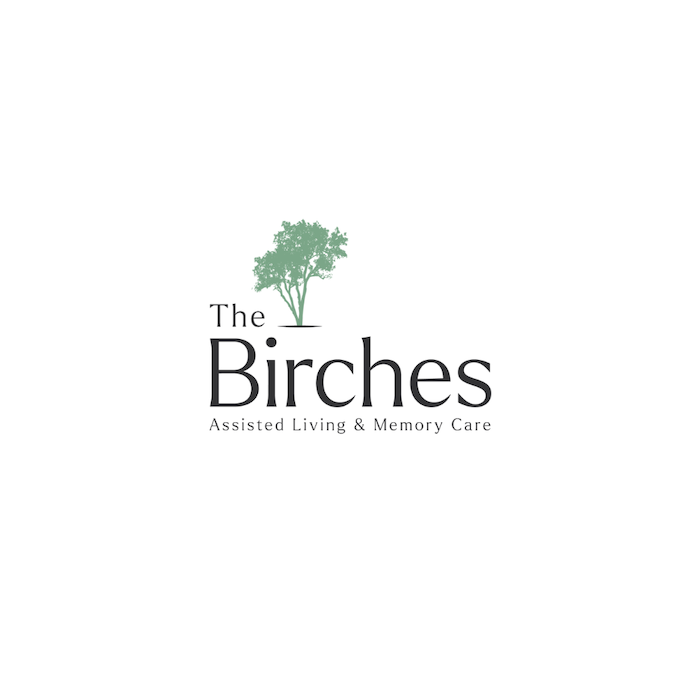Visiting with senior family members during holiday get-togethers is a big part of bringing the family together to celebrate.
However, preparing everyone for changes in your senior family member's appearance and behavior can help avoid awkward and uncomfortable situations for everyone.
Distressing Appearance & Behavior
It is common for families to have long periods between holidays. Still, nothing may directly mark the passage of time more than the physical change in a senior family member's appearance or behavior.
If you frequently see an elderly family member, distinct physical and behavioral changes may not be as impactful to you as those who have not seen the person for several months or longer. Some family members may be startled by the changes. The best way to avoid these issues is to be proactive in letting the family know what to expect.
Share these insights ahead of time:
- Cognitive/memory challenges due to dementia or Alzheimer's
- Reliance on a cane, walker, or wheelchair
- Appearance due to significant weight gain or loss
- Assistance needed for eating or using a restroom
- Use of disposable briefs or incontinence
Set Family Expectations
While you may be very accustomed to supervising your senior family member's care and daily needs, you should recognize that most of the family is not familiar with the challenges of caring for a senior.
Many of the things that make up a senior's daily care will sound strange to those unaccustomed to these unique challenges. Before anyone arrives at the gathering, take the time to explain the kind of behavioral changes they might expect to see. If you can offer some insights into what will help your senior family member and everyone attending the gathering will be more comfortable.
